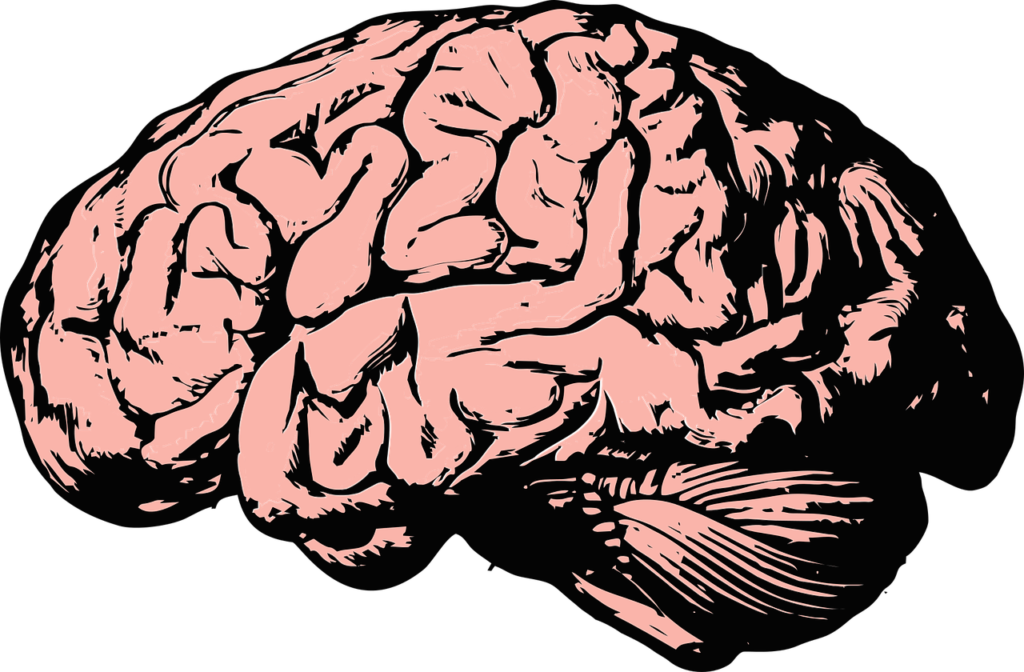

A recent study from the Champalimaud Centre for the Unknown in Portugal sheds new light on the impact of cannabinoids on learning.
Cannabinoids have a significant effect on our brain and behavior. Most people know this chemical compound because of its recreational use. However, the substance is naturally present in the brain where it plays a role in various processes.
Current research shows that altering cannabinoid signaling in the brain, through chronic marihuana use, damages brain function. Also, genetically modified mice that lack cannabinoid receptors display lower levels of activity and difficulties in memory and learning.
Two researchers from Portugal want to determine how disruptions in cannabinoid signaling impact the brain’s ability to learn. For this experiment, they used a learning task called eyeblink conditioning and genetically modified mice that lack cannabinoid receptors.
The test in question works by teaching the subject to close their eyes after they see a particular stimulus. In this case, the mice see a flash of light after which comes an air puff to the eye. Through this conditioning, the mice learn to close their eyes after they see the light. Previous research shows that such forms of learning take place in the cerebrum. Furthermore, this ability is impaired, in humans and mice equally, with altered cannabinoid signaling.
There is a lot of evidence that shows that cannabinoids mediate neural plasticity. That is, they play a key role in the brain’s ability to restructure its neural connections and learn new behavior. Because of this, the researchers began with the hypothesis that interferences in this process drive learning impairments.
However, the researchers did experiments where they put the mice on treadmills to exercise. After this, the mice became better at learning new tasks. Not only that, but their learning ability seems to increase with the amount of running they perform. Because of this, the researchers began to suspect that the learning impairment occurs due to a lack of activity.
Through the implementation of the electric treadmill, the genetically modified mice were made to run the same as regular mice. After this intervention, their learning ability was the same as it is in none modified mice.
The findings in question shed new light on the learning mechanisms in the brain. That is, they show that impairments in our learning abilities do not occur because of changes in cannabinoid signaling. Rather, the disrupted cannabinoid signaling impacts the level of physical activity and this then impacts the brains learning abilities. Therefore, one of the researchers, Megan Carey, concludes “… disrupted cannabinoid signaling was impairing learning by altering behavioral state, and not through direct effects on neural plasticity in the cerebellum.”
Lastly, these findings also suggest that we can overcome learning defects associated with genetic mutations with the aid of behavioral interventions.
Exercise Intervention Helps Slow Down Memory Loss
Cannabis Use is Not a Good Method for Fighting Opioid Addiction
New Research Finds Key Mechanism in Opioid Addiction
Rethinking the link between cannabinoids and learning
[Academic Source] Cannabinoids modulate associative cerebellar learning via alterations in behavioral state
